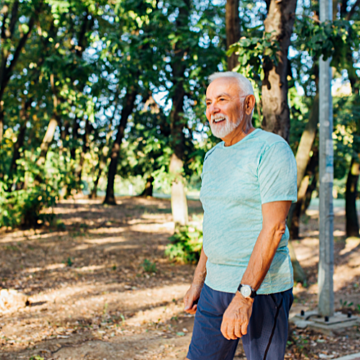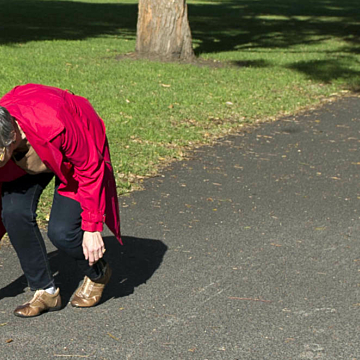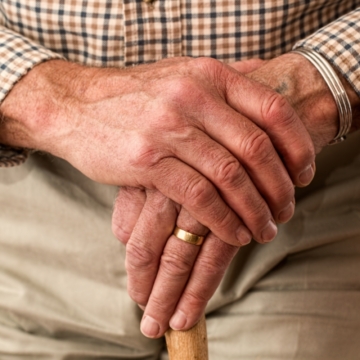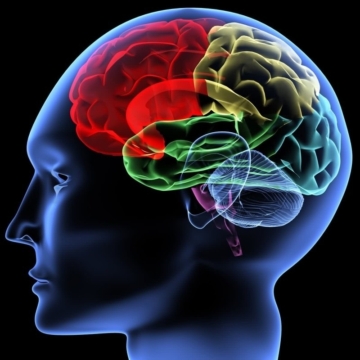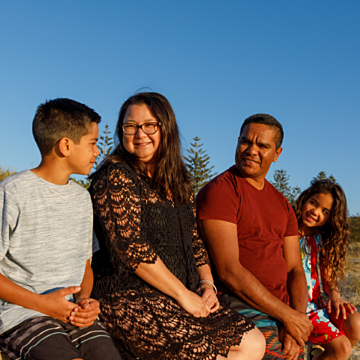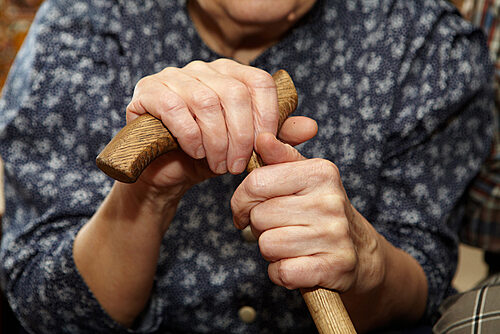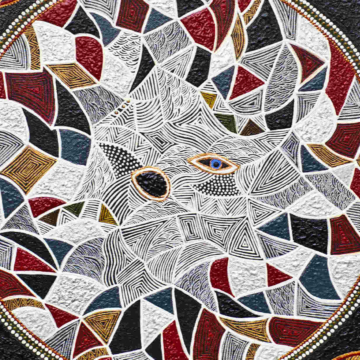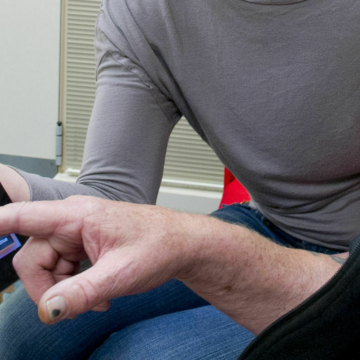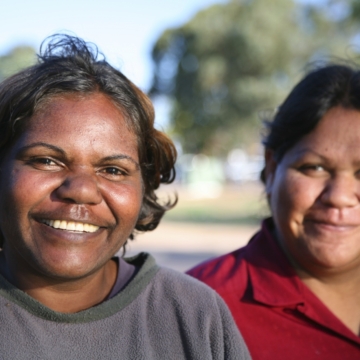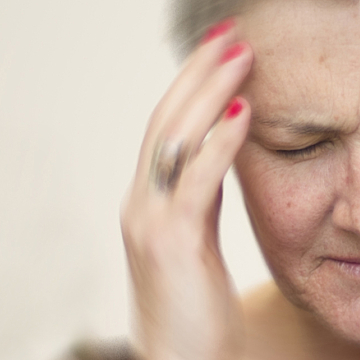Research Project
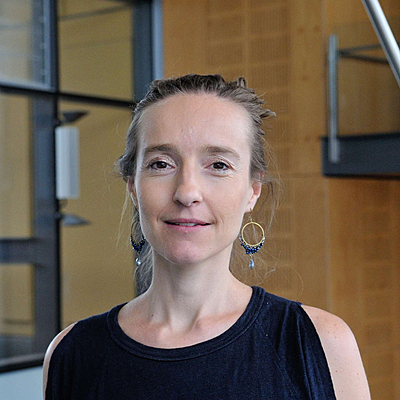
Kim Delbaere
Current Appointments
Senior Principal Research ScientistKey Research Areas
Kim Delbaere is a Senior Principal Research Scientist at NeuRA and Director of Innovation & Translation at the Falls, Balance & Injury Research Centre, supported by the Australian NHMRC, and Professor at University of New South Wales, Sydney. She graduated in 2001 as a master in Rehabilitation Sciences and Physiotherapy at the Ghent University (Belgium) and completed her PhD in 2005 on falls in older people. In 2006, she moved to Australia to work at NeuRA on fear of falling in older people.
Her research has contributed to the understanding of physical, psychological and cognitive factors causing falls. Her multidisciplinary approach incorporates elements from physiotherapy, psychology, brain imaging and software engineering towards preventing falls and promoting healthy ageing. Kim has been successful at developing novel methods of applying technology to healthy ageing for over 10 years, in both healthy older people and a range of chronic diseases. Her contributions to medical research have been recognised through two prestigious NHMRC excellence awards and numerous successful NHMRC applications, including a current NHMRC Investigator grant.
Publications
2024 Apr
Cognitive and physical declines and falls in older people with and without mild cognitive impairment: a 7-year longitudinal study
View full journal-article on https://doi.org/10.1017/S1041610223000315
2024, 11 Feb
Effect of cognitive training on cognitive function in community‐dwelling older people with mild‐to‐moderate dementia: A single‐blind randomised controlled trial
View full journal-article on https://doi.org/10.1111/ajag.13283
2023, 01 Dec
Correlates of Gait Speed Among Older Adults From 6 Countries: Findings From the COSMIC Collaboration
View full journal-article on https://doi.org/10.1093/gerona/glad090
2023, 24 Nov
Association of Prospective Falls in Older People With Ubiquitous Step-Based Fall Risk Parameters Calculated From Ambulatory Inertial Signals: Secondary Data Analysis
View full journal-article on https://doi.org/10.2196/49587
2023, 01 Oct
Theoretical framework of concerns about falling in older people: the role of health literacy
View full journal-article on https://doi.org/10.1093/heapro/daad122
2023 Oct
Consumer Perspectives on the Adoption of a Prehabilitation Multimodal Online Program for Patients Undergoing Cancer Surgery
View full journal-article on https://www.mdpi.com/2072-6694/15/20/5039
2023 Oct
MyCOACH (COnnected Advice for Cognitive Health): a digitally delivered multidomain intervention for cognitive decline and risk of dementia in adults with mild cognitive impairment or subjective cognitive decline–study protocol for a randomised controlled trial
View full journal-article on https://doi.org/10.1136/bmjopen-2023-075015
2023, 02 Jun
Association of prospective falls in older people with ubiquitous step-based fall risk parameters calculated from ambulatory inertial signals: retrospective observational data analysis study (Preprint)
View full preprint on https://doi.org/10.2196/preprints.49587
2023, 02 Jun
Risk Factors for Falls and Fall-Related Fractures in Community-Living Older People with Pain: A Prospective Cohort Study
View full journal-article on https://doi.org/10.3390/ijerph20116040
2023, 24 Apr
Feasibility, Reliability, and Safety of Remote Five Times Sit to Stand Test in Patients with Gastrointestinal Cancer
View full journal-article on https://doi.org/10.3390/cancers15092434
